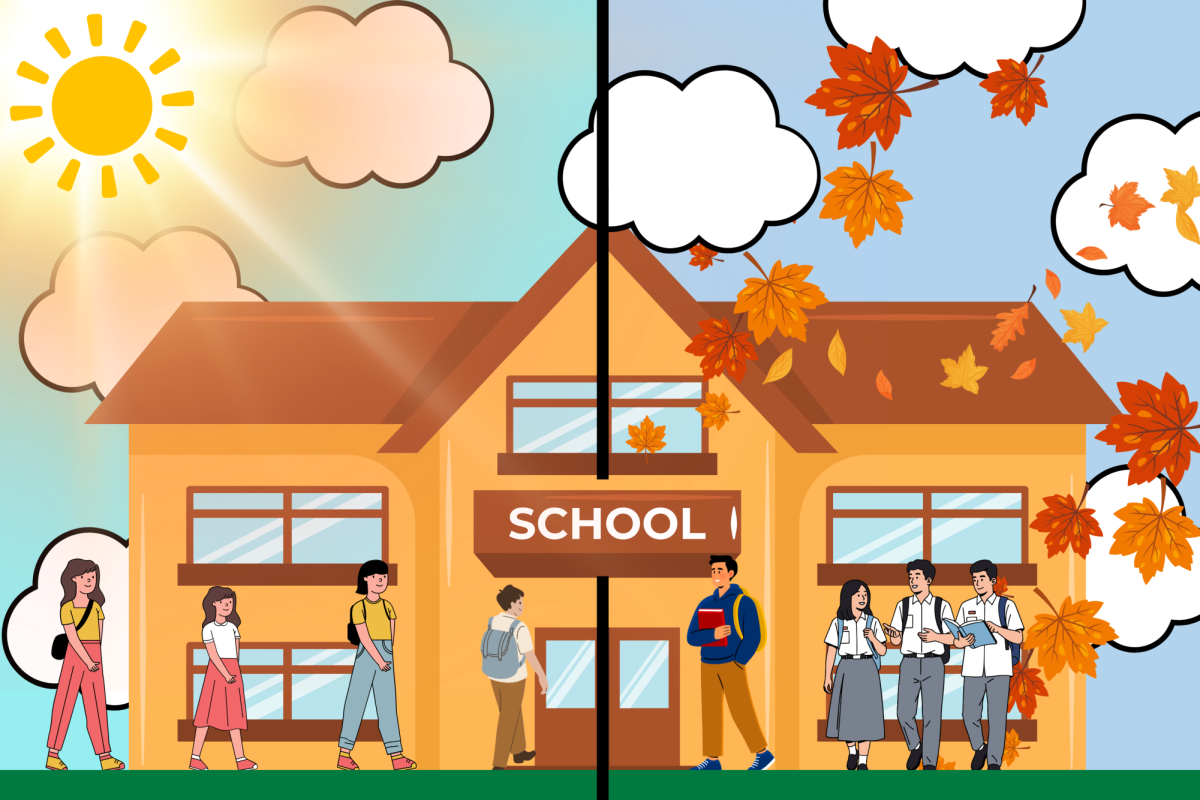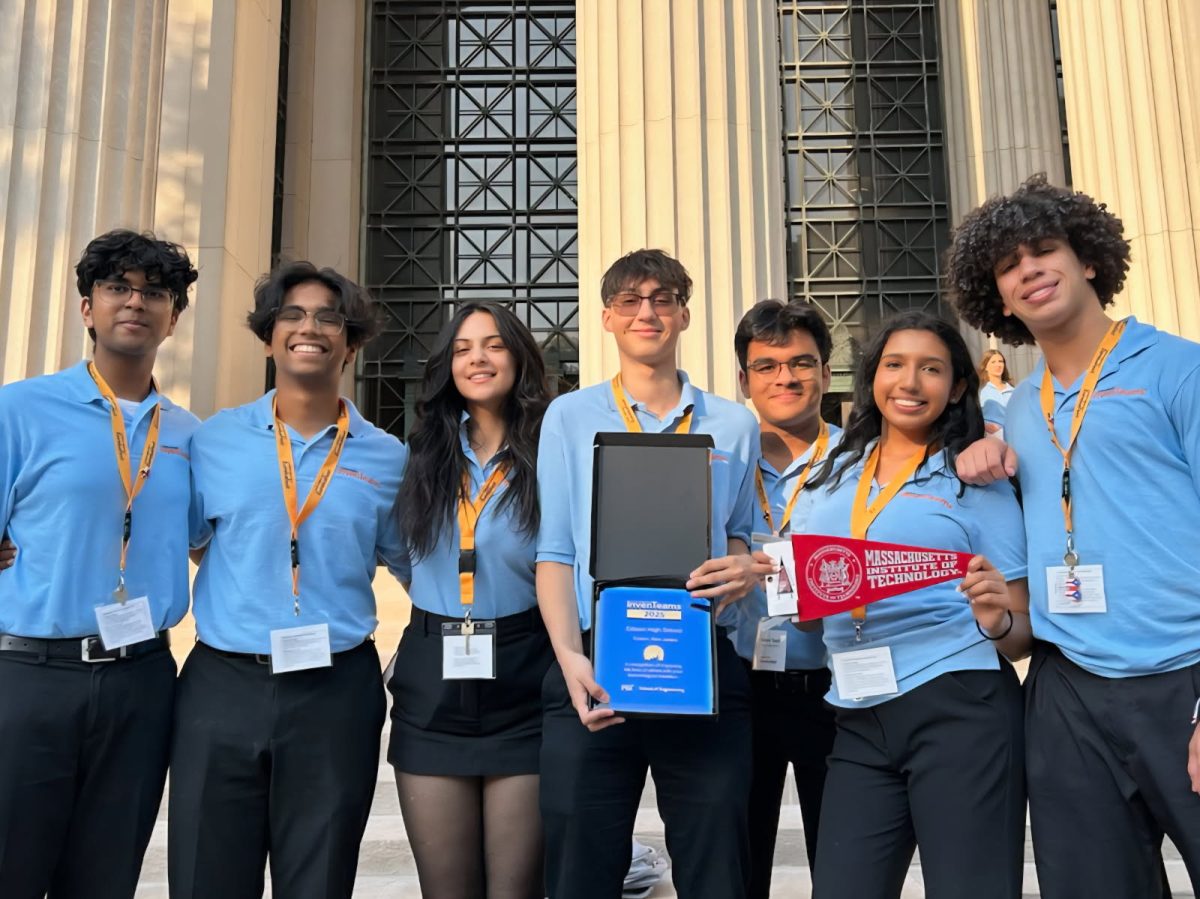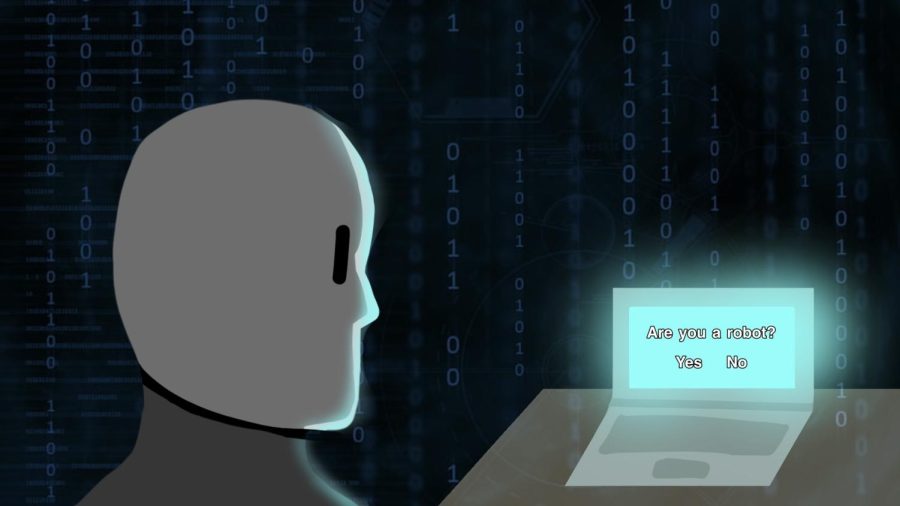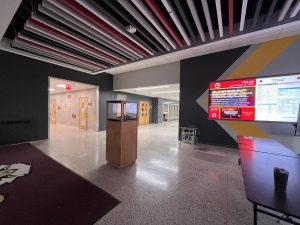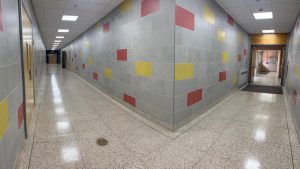The End of English?
Education and AI
As the world continues to technologically advance, it may become difficult to tell whether or not someone’s work is theirs.
March 26, 2023
As the world advances with new technologies, the impact of a digitized education has been called into question. ChatGPT and GPTZero are two of the premier technologies in today’s digitized education.
According to OpenAI (creators of ChatGPT), “ChatGPT is a sibling model to InstructGPT, which is trained to follow an instruction in a prompt and provide a detailed response.” This training has been done on a very large dataset pulled from openly available information on the internet up till a certain present date. This gives the impression that ChatGPT is an “all knowing” information website that delivers precise information in a well articulated way.
With this impression, students worldwide have been using ChatGPT and other similar systems to write papers for school in minutes. It cuts down on the research students have to do on their own and compiles it all in one paragraph.
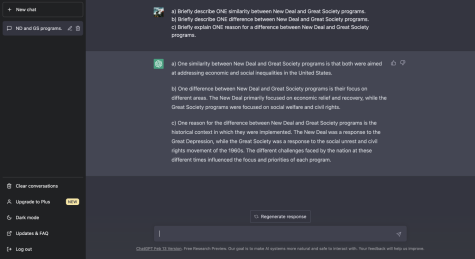
While this may seem beneficial for real-world use, research done by many external groups, like the New York Times and Times Magazines, has concluded that ChatGPT can also give inaccurate information. This could lead to students learning false information and not being able to understand the content they are learning. The program pulls information from a variety of sources including Wikipedia, news articles, books, etc. to develop their responses. With so many outlets of information coming in, the bot is not always able to decipher between false and true information.
It is often used as a research tool, similar to how people use Google. “ChatGPT promotes more laziness,” said Madhav Mandala ‘24. “It stops research entirely and could pose a detriment to research abilities.”
“It is important to note that my use in classrooms should always be ethical and in accordance with academic integrity policies,” said ChatGPT.
Services like ChatGPT and AI generators are going to be improved upon in the future, making it harder for a teacher to catch its use. For example, OpenAI released GPT-4 on March 14, 2023, which can generate more complex/humanlike responses to user prompts. Logan Schuetz ‘25 expressed sympathy for teachers stating, “The future of education is going to look like a constant battle between teachers and computer programs.”
Teachers have had to change their curriculum to accommodate for the usage of ChatGPT in classwork. History teacher and Middlesex County College professor Dr. Gene Nasser, said, “I have had to change my whole final into an oral presentation.” With oral presentations, students have to know the content they will be sharing with the class, which may change the whole way the school curriculum assesses students on their skills.
Nasser believes that using ChatGPT and other systems as such will create distrust between teachers and students.
“If a student uses ChatGPT and you call them out on it and they are not forthcoming that they used it, the problem is not that the student used it,” he said. “The problem now is if I find out and you’re lying to me, then I can’t trust anything else that you are saying, and that hurts me more than you cheating.”
While there are drawbacks to using ChatGPT, there can also be many advantages. For example, it can be a more efficient form of Google because it funnels a lot of information into a couple paragraphs. The program can also help students get a board statement on the topic being asked along with many other ethical ways students can use it.
According to NPR, a countermeasure to ChatGPT, called GPTZero, was recently created by Edward Tian, a student at Princeton University. At the time of publication, however, its use had not become as widespread.
As Mandala said, “There is hope for ChatGPT to be used correctly.”
With the emergence of powerful artificial intelligences like ChatGPT and GPTZero, the current education system will require some modifications. While it is clear that artificial intelligence will evolve with much more capability, the current forms of education must deal with it accordingly. Students must learn to understand the limits of using artificial intelligence. Leveraging it for success or failing to capitalize on it might leave students unprepared for a future in which AI dominates most areas of productivity.



















